What HCG Levels Tell You About Your Pregnancy
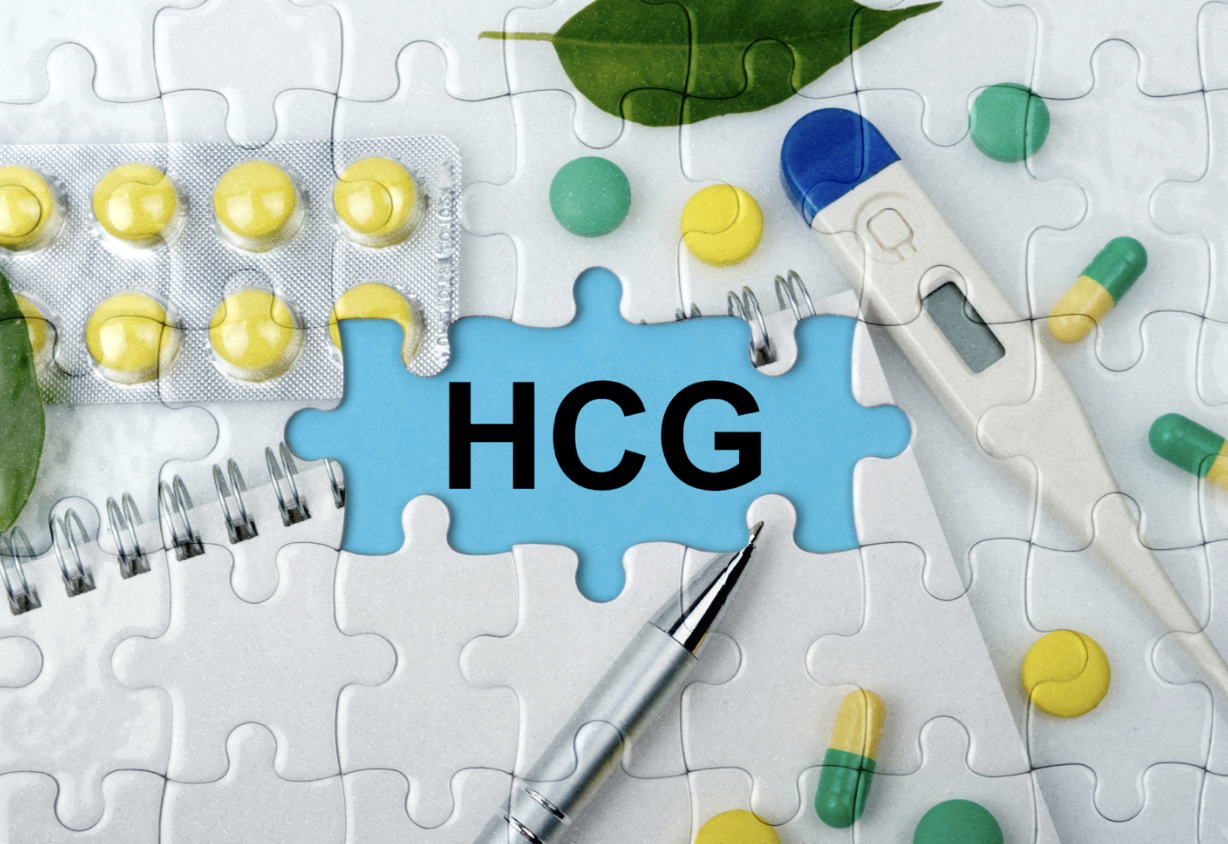
Embarking on the parenthood journey is an exhilarating experience filled with anticipation, excitement, and perhaps a touch of anxiety. From the moment you see that positive pregnancy test, a cascade of questions and emotions floods the mind. Questions like: how far along am I? Is the pregnancy progressing as it should? When will I feel those first fluttering kicks?
One key player emerges as a crucial source of information to help you understand your pregnancy and answer those looming questions: human chorionic gonadotropin (hCG), aka the pregnancy hormone. HCG is the hormone responsible for those eagerly anticipated two pink lines on a pregnancy test. The presence of hCG in a woman’s urine or blood confirms a pregnancy and sets the wheels in motion for the incredible journey ahead.
In this comprehensive guide, we will explore the vital role of hCG in your pregnancy and what its levels can reveal about the baby’s health and progress.
Understanding HCG: The Pregnancy Hormone
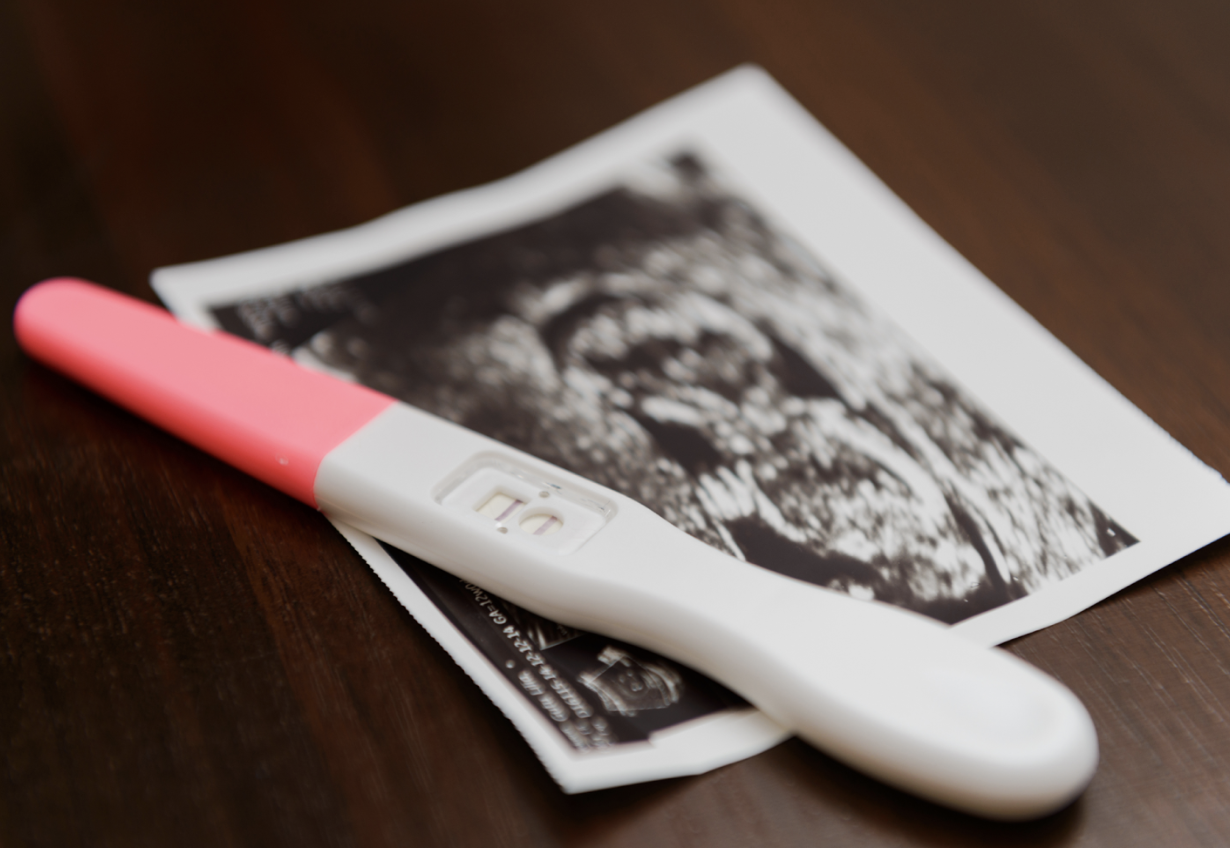
Human chorionic gonadotropin, or hCG for short, is a hormone produced in large quantities by the placenta after a fertilized egg attaches to the uterine wall. This hormone plays a pivotal role in nurturing the early stages of pregnancy, ensuring the survival and development of the growing embryo.
HCG’s primary function is to communicate with your body and provide essential support to the corpus luteum, a temporary endocrine structure that produces progesterone in the early stages of pregnancy. Progesterone, a steroid hormone, helps maintain the uterine lining, preventing it from shedding and supporting the growth of the placenta and the developing fetus.
HCG levels in a pregnant woman’s body vary significantly throughout pregnancy, and monitoring these levels is a valuable tool for assessing the progression of pregnancy. Before the embryo implants in the uterus (usually around 6-10 days after conception), hCG levels are typically very low and may not be detectable by most pregnancy tests.
In early pregnancy, the levels of hCG typically rise rapidly, doubling every 48 to 72 hours. This is when the hormone’s role in predicting early pregnancy signs becomes most significant.
In the first trimester, hCG levels can vary significantly from one pregnancy to another, but on average, they tend to follow these general ranges:
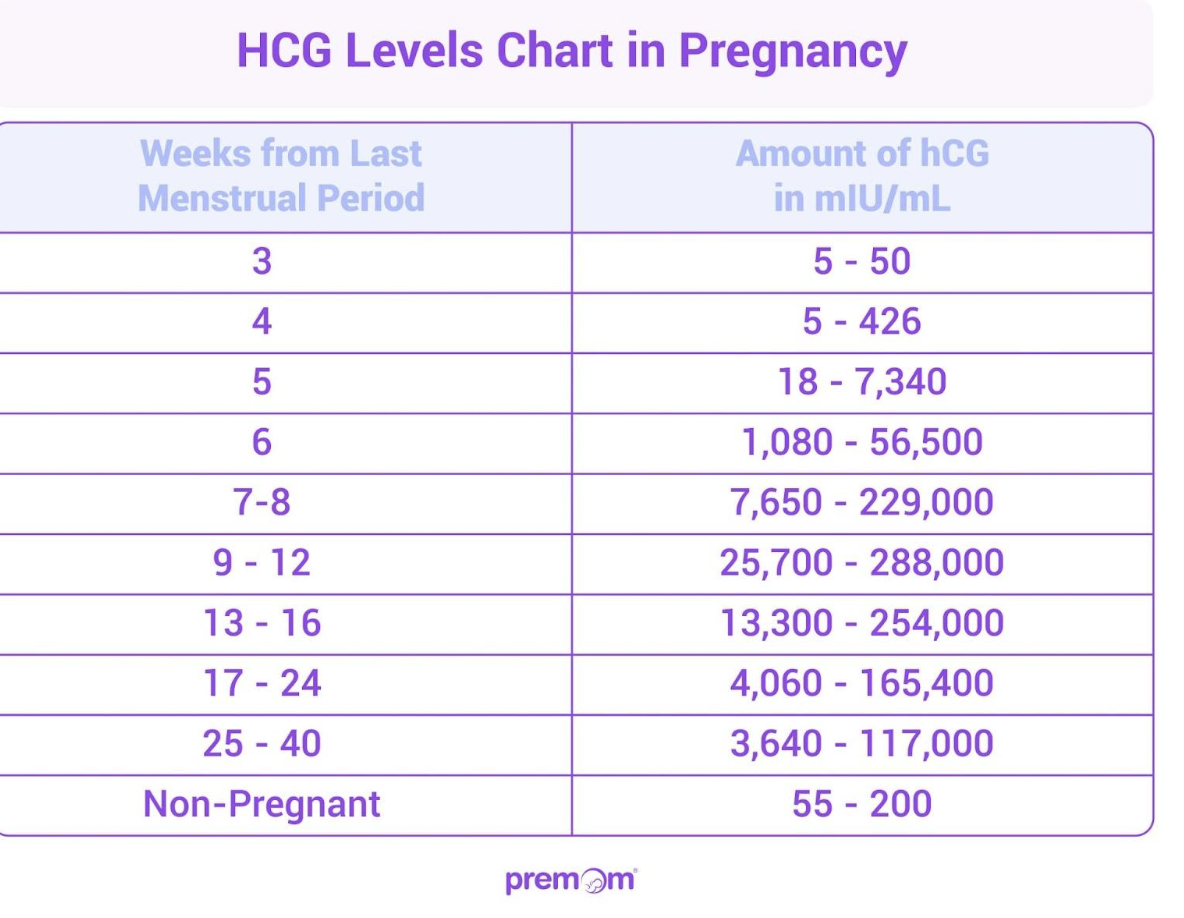
Important to note: these are approximate ranges, and significant variations between individuals and pregnancies can exist. Some factors that can affect hCG levels include the number of embryos (in cases of multiple pregnancies), the viability of the pregnancy, and the accuracy of dating the pregnancy.
The Significance of HCG Levels in Early Pregnancy

The most evident and immediate purpose of hCG levels is to confirm pregnancy. If you’ve taken a home pregnancy test and received a positive result, you can be confident that hCG is present in your body. This initial confirmation is the first step in your exciting journey toward parenthood.
HCG levels can also provide an estimate of the gestational age of your pregnancy. A healthcare provider can measure hCG levels to estimate how far along you are in your pregnancy. This information helps schedule prenatal appointments and ultrasound scans, which are essential for monitoring the health and development of your baby.
While rising hCG levels are a positive sign of pregnancy, they can also indicate potential issues. Abnormally high or low hCG levels may indicate a molar pregnancy, ectopic pregnancy, or a miscarriage.
An ectopic pregnancy occurs when the fertilized egg implants outside the uterus, typically in the fallopian tube. HCG levels in an ectopic pregnancy often rise more slowly and less predictably than in a normal pregnancy. Medical intervention is necessary to prevent serious complications if an ectopic pregnancy is suspected.
With miscarriages, a pregnancy ends before the fetus can survive outside the womb. In cases of an impending or incomplete miscarriage, hCG levels may stop rising or start to decline.
Lastly, a molar pregnancy is rare in which a nonviable fertilized egg implants in the uterus. This leads to the formation of abnormal tissue instead of a fetus. HCG levels in a molar pregnancy can be abnormally high and may not follow the typical pattern of doubling every 48 to 72 hours. The early detection of a molar pregnancy is essential for proper medical management.
Early detection through hCG monitoring allows for timely medical intervention and care.
Early Pregnancy Signs: What to Look For

Now that we understand the significance of hCG levels in early pregnancy, let’s explore the early signs and symptoms that hCG levels can help predict. Remember that every pregnancy is unique, and not all individuals will experience the same symptoms. However, these early pregnancy signs can offer valuable insights into your baby’s arrival.
- Missed Period: A missed period is one of the most common and recognizable early signs of pregnancy. If your menstrual cycle is regular, and you have not had your period when you expected it, this can be a strong indication that you might be pregnant.
- Breast Changes: as hCG levels increase, they can lead to changes in your breasts. You may notice that your breasts become tender, swollen, or sore. The areolas may also darken, and the veins in your breasts may become more pronounced.
- Nausea and Morning Sickness: morning sickness, often characterized by nausea and vomiting, is a classic early pregnancy symptom. It usually starts within the first few weeks of pregnancy, as hCG levels rise. While it’s called “morning” sickness, it can occur at any time.
- Frequent Urination: the increased presence of hCG in your body can cause your kidneys to work more efficiently, leading to more frequent urination. This symptom can start as early as six to eight weeks into your pregnancy.
- Fatigue: early pregnancy can bring on overwhelming fatigue. The hormonal changes associated with pregnancy, including rising hCG levels, can lead to constant tiredness.
- Food Aversions and Cravings: the hormonal fluctuations caused by hCG can lead to sudden aversions to certain foods and cravings for others. This is often accompanied by a heightened sense of smell, making certain odors unbearable.
- Mood Swings: the hormonal rollercoaster of early pregnancy, driven partly by hCG, can lead to mood swings. You may find yourself experiencing a range of emotions, from joy to irritability.
- Increased Sensitivity to Smells: heightened sensitivity to odors is another early sign of pregnancy. Certain smells that never bothered you before may suddenly become overwhelming.
While hCG levels are closely tied to these early pregnancy signs, they can vary significantly from person to person. Some individuals may experience pronounced symptoms with relatively low hCG levels, while others may have minimal symptoms despite higher hCG levels. This variation is entirely normal and does not necessarily indicate the health of the pregnancy.
Healthcare providers often use hCG levels to rule out potential complications, especially in the early stages of pregnancy. If you experience severe abdominal pain, heavy bleeding, or shoulder pain, seeking immediate medical attention is crucial, as these could be signs of an ectopic pregnancy or miscarriage.
Regular Monitoring of HCG Levels
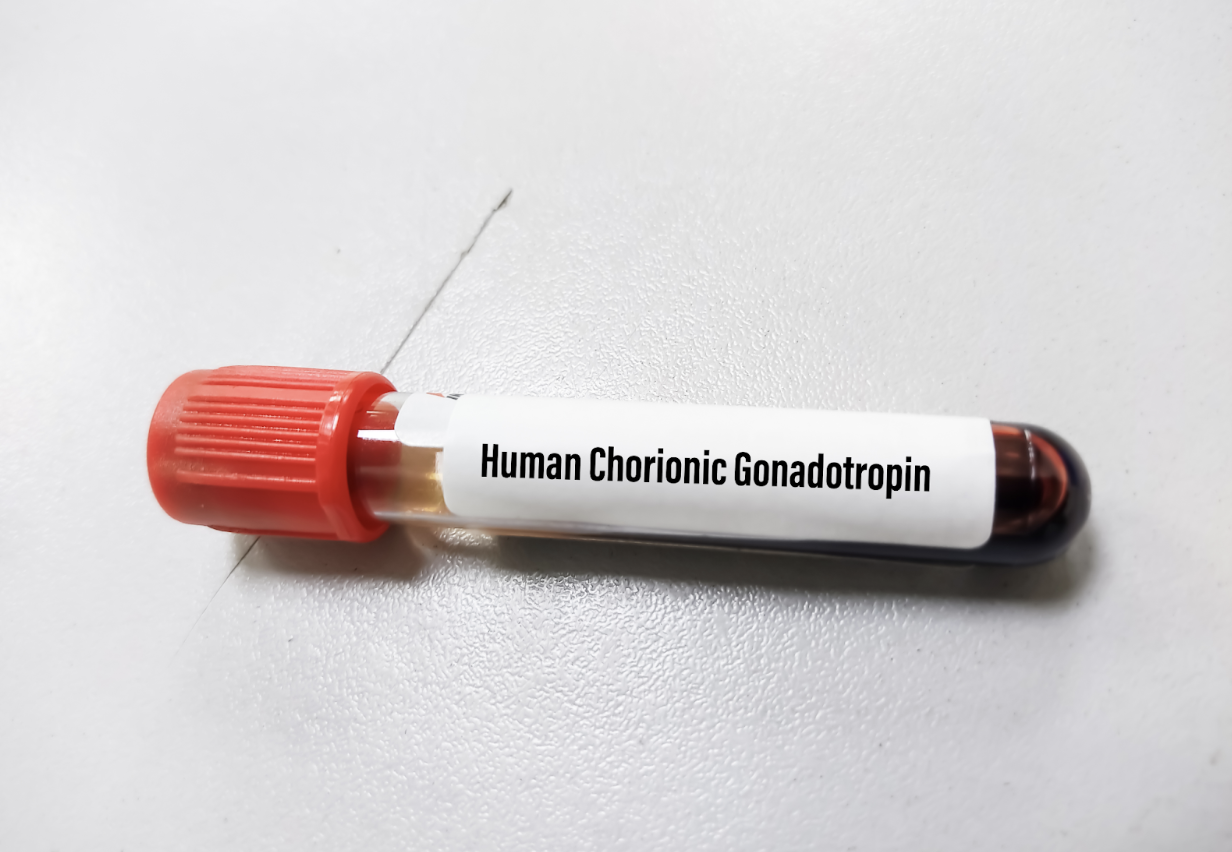
In the intricate pregnancy narrative, where the first chapter begins with a positive test, and the rest unfolds with joyful anticipation, hCG levels emerge as the storytellers of your maternal journey. As we wrap up our exploration of what hCG levels reveal about your pregnancy, it’s crucial to recognize that this hormone is far more than just numbers on a laboratory report – it represents the biological heartbeat of the beginning of life.
HCG, the unsung hero of pregnancy, provides reassurance, answers, and insights at a time when questions and emotions are at their peak. Monitoring hCG levels is a powerful tool for assessing the viability of the pregnancy, determining gestational age when conception dates are uncertain, and even discovering the delightful surprise of multiple pregnancies. It can also be a vital instrument in identifying complications that, when addressed early, can lead to better outcomes.
As you venture further into this incredible journey, remember that hCG levels are your companions, not your sole guides. Ultrasounds, clinical examinations, and the watchful eye of your healthcare provider are equally integral in painting the complete picture of your pregnancy.
If you suspect pregnancy or are actively trying to conceive, consider keeping a 247Labkit Pregnancy Kit on hand. The kit detects the presence of hCG and has a 1 to 2-day turnaround upon arrival.


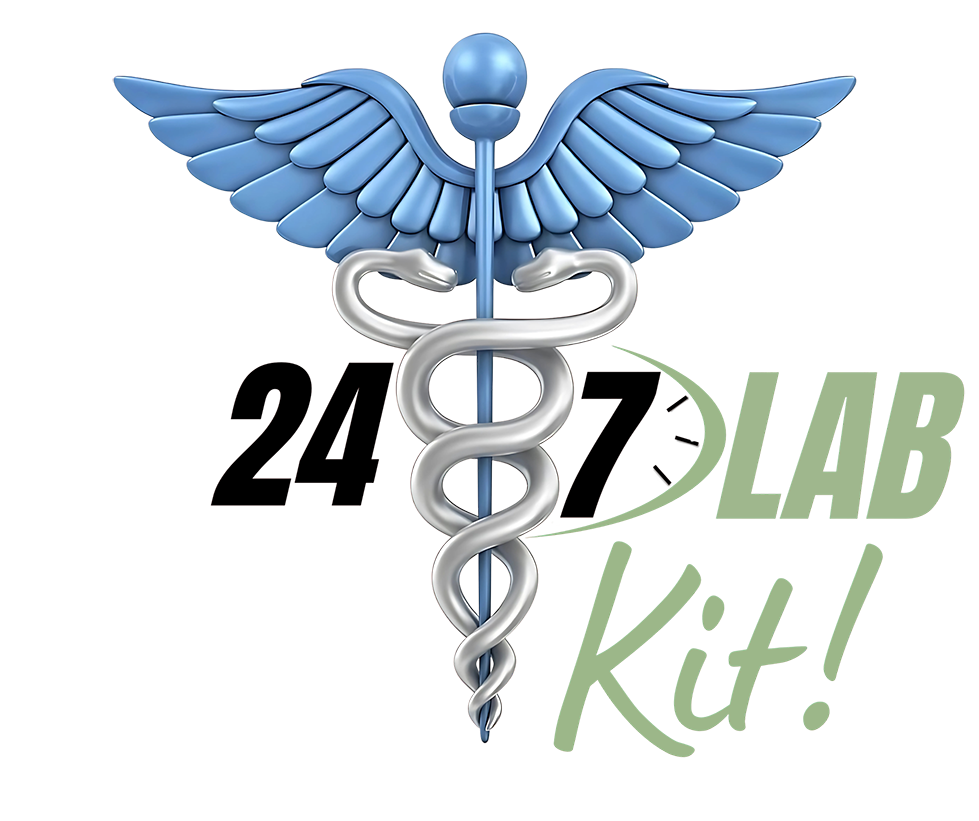
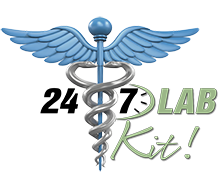



Comments are closed